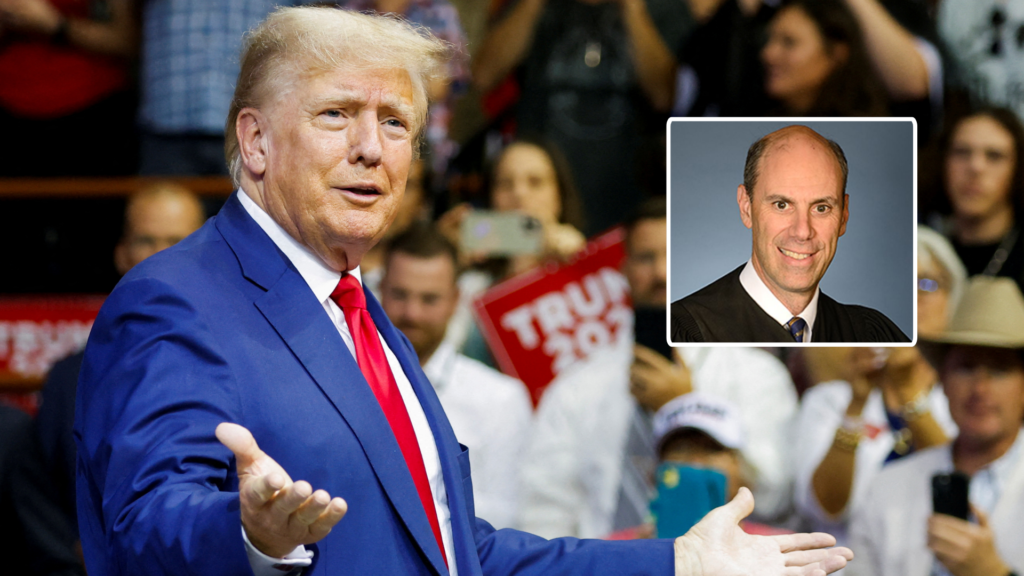
A federal judge in Washington, D.C., has extended a restraining order preventing deportation flights, and the Trump administration from using the 1798 Alien Enemies Act to deport Venezuelan nationals, including alleged members of the Tren de Aragua gang.
U.S. District Judge James Boasberg extended the order through April 12, maintaining his earlier pause on enforcement of the Alien Enemies Act, a statute dating back to 1798.
The Trump administration had invoked the act as part of its national security-focused immigration crackdown to remove criminal foreign nationals, especially those connected to transnational crime syndicates like TdA.
The judge’s ruling came after he previously halted the deportations last week, stating that more time was needed to assess the legal arguments and potential humanitarian impact. In his bench order, Boasberg also demanded that any aircraft carrying deportees under the act—particularly Venezuelans—be rerouted and returned immediately.
Meanwhile, in a separate immigration case, a federal judge in Boston issued a ruling prohibiting the government from deporting individuals to countries with which they have no personal or legal connection—at least not without first giving them an opportunity to challenge such deportations in court.
That decision adds further complications to the Trump administration’s efforts to speed up removals of undocumented migrants tied to criminal activity.

The D.C. ruling has already triggered a broader legal fight. The Trump administration quickly filed an emergency motion, asking a federal appeals court to reverse the lower court’s decision.
The legal team is also preparing a formal request to the U.S. Supreme Court, urging the justices to overturn the restraining order and allow deportations to resume.
“The president has a duty to protect the homeland, and this activist judge is tying our hands,” a senior Trump official said off the record. “We’re dealing with violent foreign nationals, not innocent tourists. These delays are putting American lives at risk.”
The administration argues that the Alien Enemies Act is fully applicable in times of conflict or national threat—even if not declared by traditional warfare. U.S. acting Solicitor General Sarah Harris criticized the lower court’s interference, warning that the restraining order threatens sensitive international negotiations and undermines national security interests.
Harris emphasized in court filings that the policy is aimed squarely at members of violent foreign organizations and not ordinary migrants. She cautioned that the longer the ruling stands, the greater the danger of allowing known gang members to remain in the U.S., potentially inflicting “irreparable harm.”
The Trump administration is also requesting an administrative stay, which would temporarily reinstate the policy until courts issue a final ruling. The Supreme Court has not yet announced whether it will take up the case.
This legal clash highlights the growing tension between federal courts and the Trump White House over how far executive authority can go in deporting dangerous illegal aliens.
Additional hearings in the case are scheduled for April 8, and all eyes are now on the Supreme Court to determine whether the president’s use of the Alien Enemies Act will stand—or be struck down by the bench.

